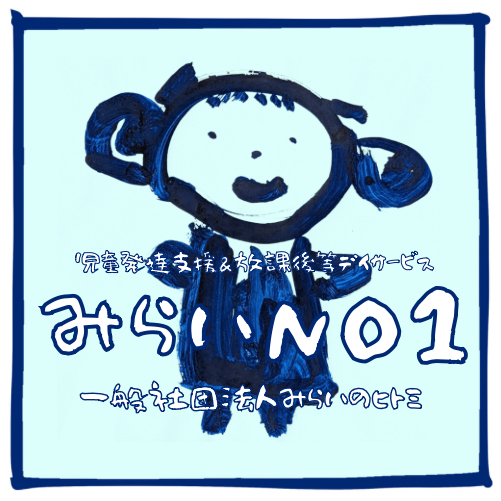This woman is been using her or him don and doff for the past pair many years to possess times and you can hookups, even in the event she rates that texts she gets enjoys regarding an effective fifty-50 ratio out-of imply or gross not to mean otherwise gross. This woman is merely knowledgeable this kind of scary or upsetting choices whenever she is dating courtesy applications, perhaps not whenever relationship someone she actually is satisfied in the actual-lives societal options. “As, naturally, they might be covering up trailing technology, correct? You don’t have to indeed deal with the individual,” she claims.
Even the quotidian cruelty off software matchmaking exists because it is relatively unpassioned compared with setting-up dates inside real-world. “More folks relate to which due to the fact an amount operation,” claims Lundquist, the couples therapist. Time and information try limited, when you are matches, at the very least in theory, are not. Lundquist mentions just what the guy calls the fresh new “classic” circumstances in which anyone is found on a beneficial Tinder big date, then goes toward the bathroom and you will foretells around three others toward Tinder. “Therefore there is a willingness to maneuver towards the quicker,” he says, “although not always an effective commensurate increase in skills on kindness.”
Wood’s academic work at relationship software was, it’s worth bringing up, some thing of a rarity about broader look landscape
Holly Timber, who composed her Harvard sociology dissertation just last year with the singles’ routines on the internet dating sites and you can relationships apps, heard most of these ugly tales as well. And you can just after speaking to more than 100 upright-identifying, college-educated anyone into the Bay area regarding their event into matchmaking apps, she completely thinks if relationships programs don’t exists, these everyday serves out of unkindness into the relationship will be notably less popular. But Wood’s theory is the fact men and women are meaner while they become for example they truly are getting together with a complete stranger, and you will she partially blames the newest brief and you will nice bios advised with the the fresh apps.
“OkCupid,” she remembers, “invited walls of text. And that, for me, was really important. I’m one of those people who wants to feel like I have a sense of who you are before we go on a first date. Then Tinder”-which has a 400-profile maximum to have bios-“happened, and the shallowness in the profile was encouraged.”
A few of the men she talked so you’re able to, Timber states, “was stating, ‘I am putting really really works with the dating and you can I am not providing any improvements.’” Whenever she expected those things these people were doing, they said, “I’m into Tinder for hours day-after-day.”
One huge complications from focusing on how matchmaking software keeps inspired matchmaking behaviors, plus creating a narrative along these lines one to, is that all of these software just have been around for 1 / 2 of ten years-hardly for enough time to own really-customized, related longitudinal degree to getting funded, let alone presented.
Of course, probably the lack of hard investigation has not yet averted relationships professionals-each other people that investigation it and those who perform a lot from it-out of theorizing. There was a well-known uncertainty, such as for example, you to Tinder or any other dating software could make anyone pickier or alot more unwilling to choose a single monogamous spouse, a concept your comedian Aziz Ansari spends enough day on in their 2015 book, Modern Relationship, authored to your sociologist Eric Klinenberg.
Wood along with unearthed that for some respondents (particularly male participants), apps had effectively replaced dating; to put it differently, the amount of time most other generations of men and women possess spent happening dates, these singles invested swiping
Eli Finkel, however, a professor of psychology at Northwestern and the author of The All-or-Nothing Marriage, rejects that notion. “Very smart people have expressed concern that having such easy access makes us commitment-phobic,” he says, “but I’m not actually that worried about it.” Research has shown that people who find a partner they’re really into quickly become less interested in alternatives, and Finkel is fond of a sentiment expressed in an effective 1997 Diary of Identification and you can Social Mindset papers on the subject: “Even if the grass is greener elsewhere, happy gardeners may not notice.”
